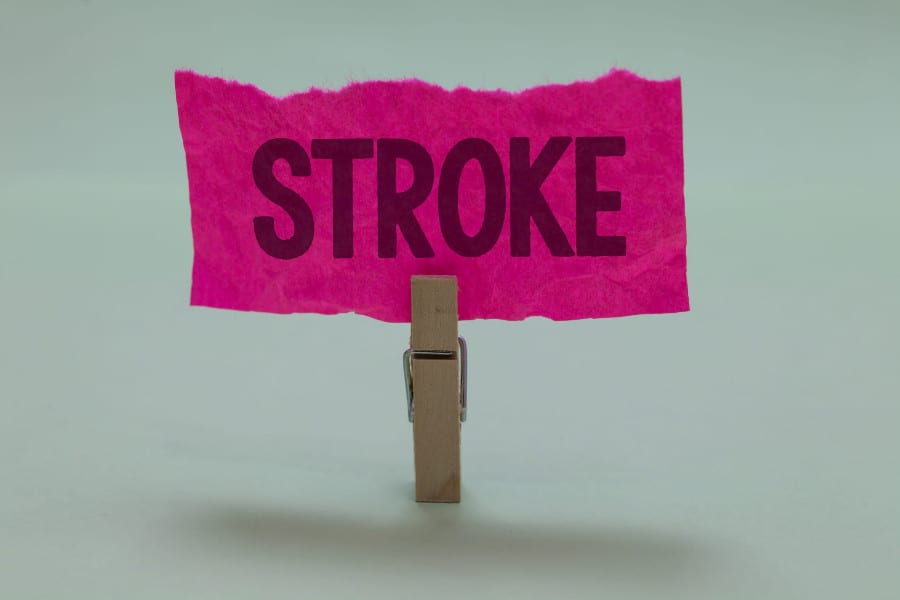Researchers at Lund University in Sweden have succeeded in restoring mobility and sensation of touch in stroke-afflicted rats by reprogramming human skin cells to become nerve cells, which were then transplanted into the rats’ brains. The study was published recently in PNAS.
“Six months after the transplantation, we could see how the new cells had repaired the damage that a stroke had caused in the rats’ brains,” says Professor Zaal Kokaia, who performed the study with senior professor Olle Lindvall and researcher Sara Palma-Tortosa in Lund University’s Division of Neurology, in a media release from Lund University.
Several previous studies from the Lund team and others have shown that it is possible to transplant nerve cells derived from human stem cells or from reprogrammed cells into brains of rats afflicted by stroke. However, it was not known whether the transplanted cells can form connections correctly in the rat brain in a way that restores normal movement and feeling.
“We have used tracking techniques, electron microscopy and other methods, such as light to switch off activity in the transplanted cells, as a way to show that they really have connected correctly in the damaged nerve circuits. We have been able to see that the fibers from the transplanted cells have grown to the other side of the brain, the side where we did not transplant any cells, and created connections. No previous study has shown this,” Kokaia adds.
“It is remarkable to find that it is actually possible to repair a stroke-damaged brain and recreate nerve connections that have been lost. The study kindles hope that in the future it could be possible to replace dead nerve cells with new healthy nerve cells also in stroke patients, even though there is a long way to go before achieving that,” Lindvall notes.
The researchers have used human skin cells that have been reprogrammed in the laboratory to become nerve cells. They were then transplanted into the cerebral cortex of rats, in the part of the brain that is most often damaged after a stroke. Now the researchers will undertake further studies, the release concludes.
[Sources: Lund University, News-Medical Life Sciences]




